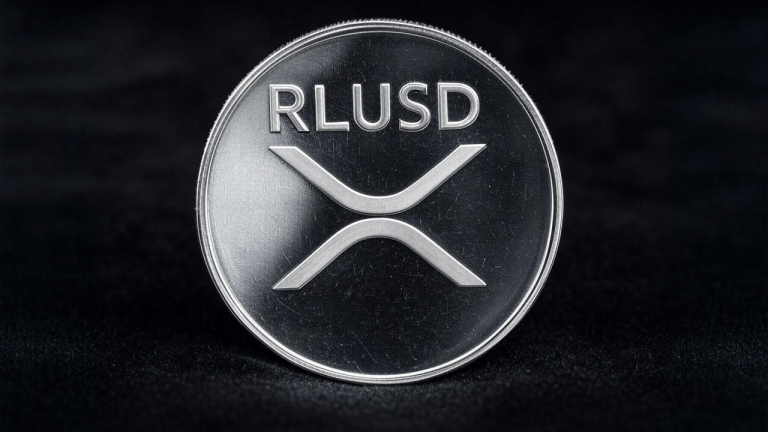
Independent Reserve CEO Adrian Przelozny says the exchange has a team that spends all day calling potential scam victims to question their suspicious transactions.
Crypto exchanges need to be more vigilant than ever in preemptively contacting customers to prevent them from scams, with one particular group needing extra attention, according to a crypto exchange exec.
“If we see an 80-year-old making a crypto withdrawal, they are going to get a call,” Independent Reserve CEO Adrian Przelozny said in an interview with Cointelegraph.
Przelozny further said that, based on the exchange’s data, “people over 65 who are involved in crypto have a good chance of being scammed.” He acknowledged that they are more likely to fall victim due to “being less familiar” with the internet and technology.


